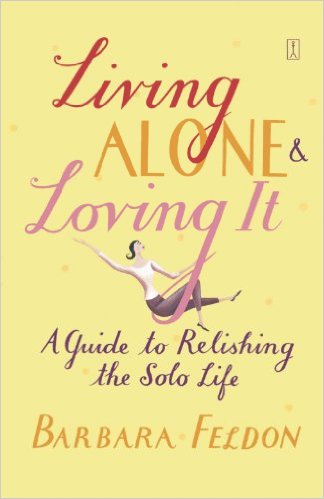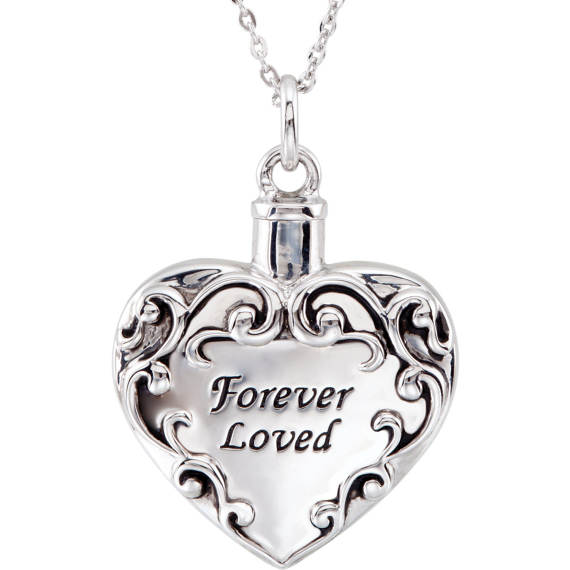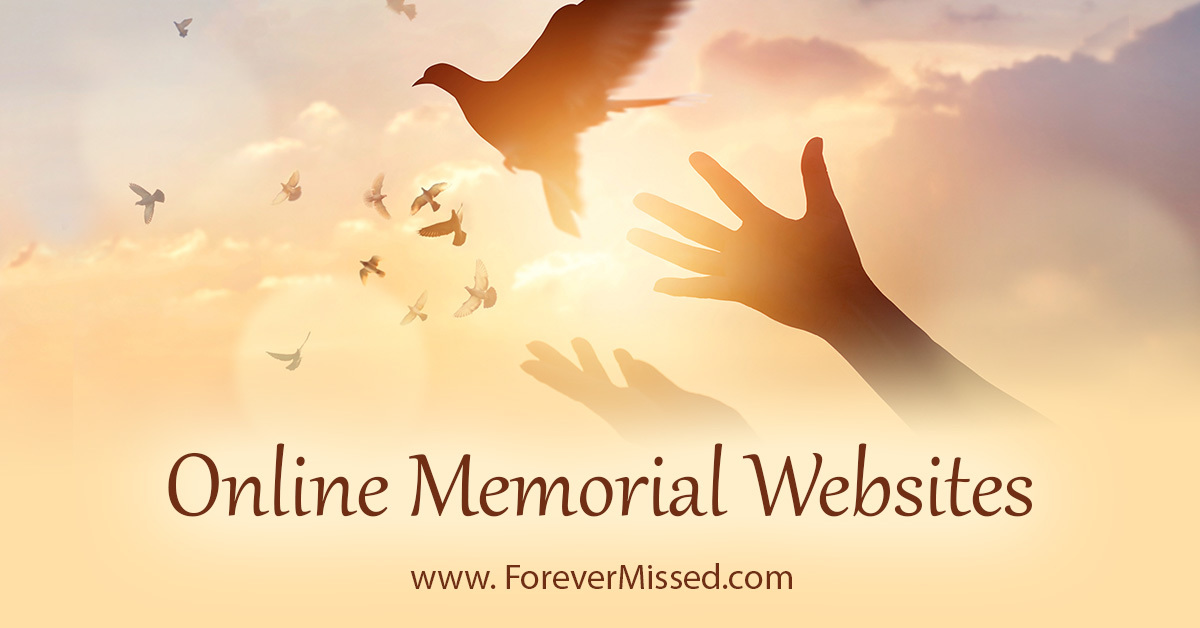Coping with Loneliness after the Death of My Husband
Our guest writer Wendy has had much experience in coping with loneliness after the death of loved ones. She explains how, even if you have no choice, you can make the most of your life, even when living alone and surviving the grief of loss.
I Knew Loneliness from An Early Age
When I was born my brother was seriously ill and so I was fostered out
for the first several weeks of my life. Thus, there was no bonding with
my mother and I always felt alone in my family, as there was no primary
attachment. My brother was six years older than me so, especially in my
teens, I grew up alone.
My father worked nightshift to earn the
extra money so I never really knew him until we were thrown together
when my mother took ill. I was 17 and suddenly we had to survive
together. Without my mother in the house my father was lost. I remember
being so afraid she would die and we would be left together just the two
of us but I could not lean on anyone and talk about it. My brother was
at university, my father needed mothering and there was only me to do
it.
Reminders of Early Loneliness
This episode was recalled most vividly when I went to the UK to celebrate my mother’s 90th birthday in January 2004. I was in pain from bereavement (I had lost my beloved husband), and the cancer surgery and treatment I had undergone but my parents were so upset at what had happened to me that I had to care for them as if they were the children and I was the parent. This was tiring and very disappointing.
I had hoped they would nurture me and spoil me but it had to be the other way around. This made me feel alone and vulnerable. I had to face the fact that there was only me to look after me.

Coping with Loneliness at School and University
Then I began to recall how many things I had done alone in my life. I won a scholarship to grammar school and went there alone. I did not fit in as I was of a different social class to the majority of pupils. The British middle class have a polite, subtle but wounding way of telling you that you are not accepted. My response was to ensure I bettered them in scholarship and in sport. However the British working class also have their foibles and rejecting those who have stepped outside the norm is one of them. Thus both school and neighbours no longer accepted me.
I went to university alone to do a newly established degree. Again the class system came into play but again I did well by hard work and my own resources.
Relief from Loneliness in the Form of Married Life
I left university and won a job in Nassau in the Bahamas. I went there alone and I did well there. I met Geoffrey there and suddenly I was no longer alone. He knocked down the walls I had built up to protect myself.
Now there was someone to travel with, share jokes with, love and be loved by. I felt expanded, complete, and content. Geoffrey encouraged me to keep my independence and supported me in all my endeavours. Even when my political activities made headlines and his company complained it was bad for the image, Geoffrey reiterated his support. We were a team, united, intimate and pretty complete. He was always proud of everything I did.
When he took ill and I had to take control I was terrified. The love of my life was under threat and I had to support him, make decisions, take criticisms from helpful family and friends, and run our affairs. I was neither alone nor part of the relationship we had had. That relationship was gone, changed forever by Geoffrey’s illness. The acceptance of this reality was traumatic but necessary if I was to cope with everything. I did the best I could.
Coping with Loneliness Again After My Husband's Death
Now Geoffrey is dead and I am alone with no children or any family in Australia. It is difficult but I must learn to live my life this way. There are advantages in that I can just please myself and do what I want, when I want. I am independent. It also means there is no one else to rely on but me. I have to look after all aspects of me.

Adjusting to Living Alone Again
I realise there is a pattern in life. You begin as a baby, totally dependent on others and you work in a family group to survive, grow and develop. You learn to be part of a team. Then you are encouraged to step out and join other groups and teams in school and socially. However these are teams of singles.
Later you join with one person and you build your own unit. At this time in life your social life develops into groups of pairs, families. You move from being John and Mary to being JohnandMary. This continues for most of your life. When you lose your partner you feel amputation. You are no longer a couple but suddenly you have to learn to be single again in a world built for couples. You have to find a new world of singles.
Being Alone Does Not Mean Being Lonely
But being alone does not mean being lonely. I have friends here and they give me support. I can still play golf and bridge and enjoy the social interaction. However I have to accept that I am no longer a couple and everyone else is. Thus I am accepted by them but on different terms. I am still made to feel welcome but I am not invited to dinner where numbers have to be even. I have to accept this change.
I have also made a huge effort and started new things some of which I shall continue and some I shall not. I see this as selecting from a buffet. I have a variety of things to join in and try. If I enjoy the activity I can continue, if not I just give it away. The choice is mine. (See our page on activities for getting out and about.)
Being alone is only negative if that is how you choose to see it. It can be an opportunity to grow, develop and explore. It can be difficult and frightening, but also exciting and satisfying. In my position, it is inescapable. Do not be afraid.
Remember today could be the last day of your life so make sure you live it to the full!
Our thanks go out to Wendy for being so open about her emotional loneliness in early life as well as adjusting to living alone and coping with loneliness after the death of a loved one.
Recommended Read:
Related Pages:
Combatting the Grief of Loneliness after a Loss
Coping with the Loss of Your Husband
More articles by Wendy and our other guest writers
- Grief and Sympathy Home
- Articles on Grief
- Loneliness after Death
Where to get help:
Have You Considered One-on-One Online Grief Counseling?
Get Expert and Effective Help in the Comfort of Your Own Home
The following information about online counseling is sponsored by 'Betterhelp' but all the opinions are our own. To be upfront, we do receive a commission when you sign up with 'Betterhelp', but we have total faith in their expertise and would never recommend something we didn't completely approve.
Do you feel alone and sad with no support and no idea how to move forward? It can be tough when you are stuck in grief to find the motivation to get the most out of your precious life.
Online counseling can help by giving you that support so you don't feel so alone. You can have someone to talk to anytime you like, a kind and understanding person who will help you to find meaning in life again, to treasure the memories of your loved one without being overwhelmed and to enjoy your activities, family and friends again.
- Simply fill out the online questionnaire and you will be assigned the expert grief counselor most suitable for you. It only takes a few minutes and you don't even have to use your name.
- Pay an affordable FLAT FEE FOR UNLIMITED SESSIONS.
- Contact your counselor whenever you like by chat, messaging, video or phone.
- You can change counselor at any time if you wish.
- Click here to find out more and get started immediately.
- Or read more about how online counseling works here.
Sales from our pages result in a small commission to us which helps us to continue our work supporting the grieving.
Hypnosis for Grief - 10 Ways It Can Help You
Try a gentle hypnotherapy track to relax the mind. Learn how self-hypnosis can help you cope with grief at any time of the day or night.

For Remembrance:
Sales from our pages result in a small commission to us which helps us to continue our work supporting the grieving.
Memorial Jewelry to Honour a Loved One
Check out our lovely range of memorial jewelry for any lost loved one. Pendants, necklaces, rings or bracelets, we have them all in all kinds of styles. Choose for yourself or buy as a sympathy gift.
Create an Online Memorial Website
Honour your loved one with their own memorial website. Share photos, videos, memories and more with your family and friends in a permanent online website. Free for basic plan with no ads.









